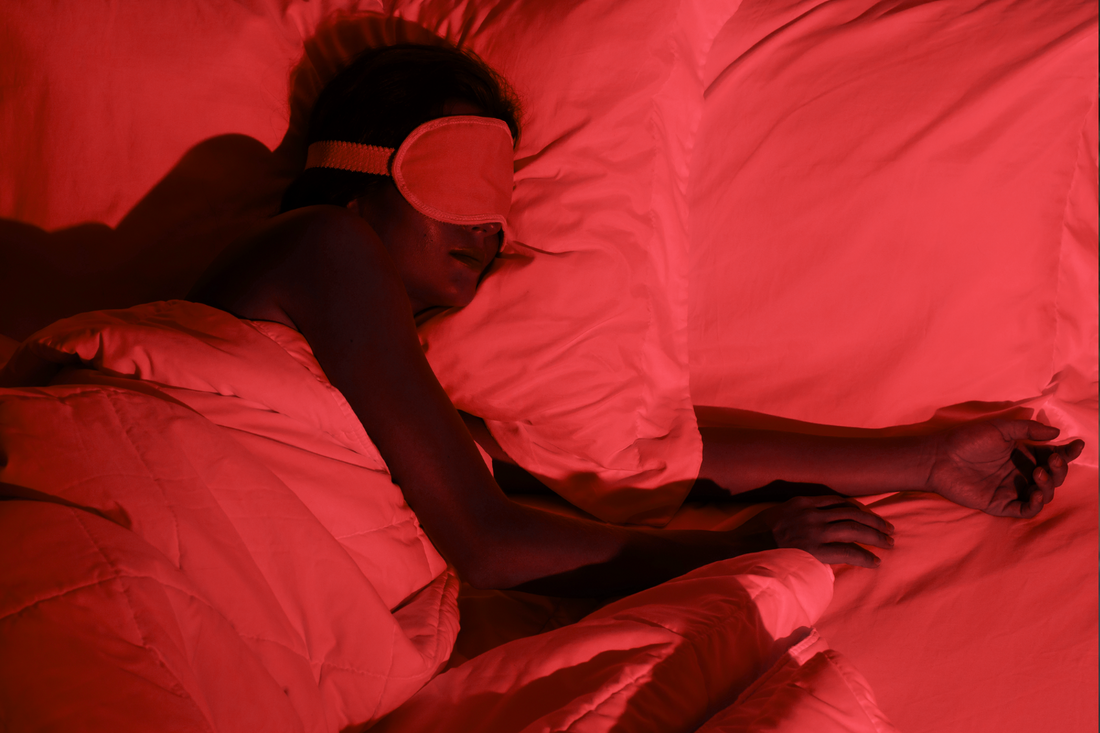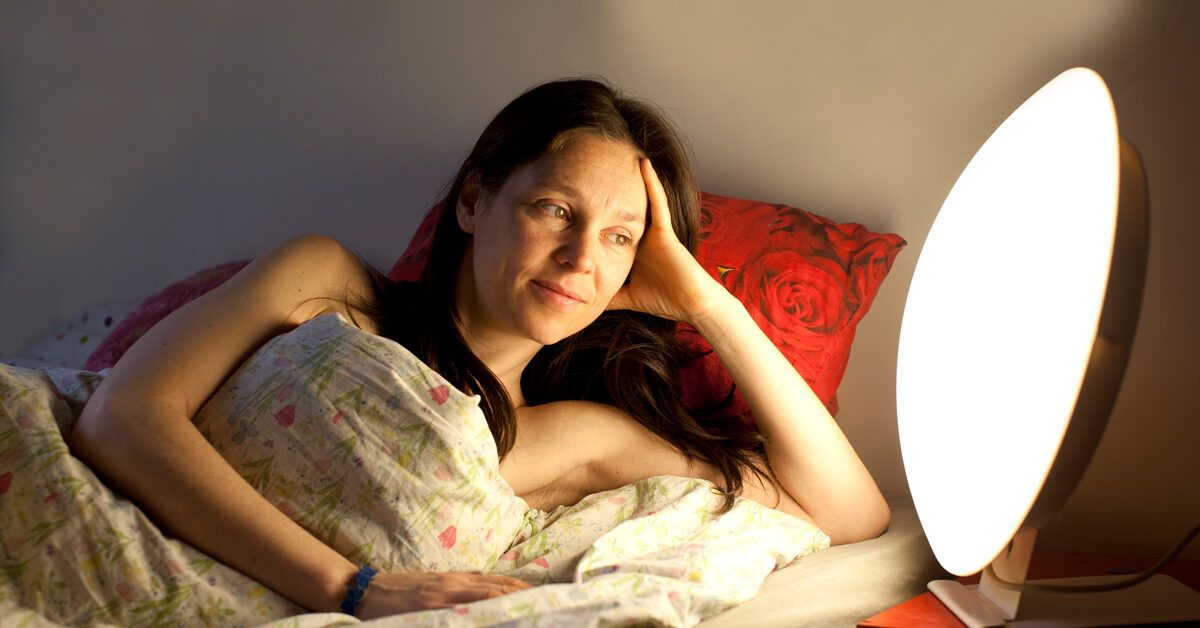Natural Insomnia Remedies - Safe and Effective Treatments
Natural Insomnia Remedies - Safe and Effective Treatments
Blog Article
Effective Treatment Solutions for Taking Care Of Sleep Disorders and Enhancing Restful Rest
In the world of healthcare, the monitoring of sleep disorders and the mission for relaxed sleep are critical elements of total well-being. As we browse the complex landscape of rest disorders and look for to boost our rest experience, a deeper understanding of these treatment options might hold the key to opening a much more rejuvenating and meeting restorative journey.
Cognitive Behavior Treatment for Sleep Problems (CBT-I)
Cognitive Behavioral Therapy for Sleep Problems (CBT-I) is a structured, evidence-based treatment strategy that concentrates on dealing with the underlying aspects adding to sleep disturbances. This sort of treatment aims to change habits and ideas that worsen sleeplessness, inevitably advertising healthy and balanced sleep patterns. CBT-I usually entails several essential elements, including cognitive therapy, sleep constraint, stimulation control, and rest health education and learning.
Cognitive treatment aids people recognize and transform adverse idea patterns and ideas regarding rest that may be hindering their capability to drop or remain asleep. Rest constraint entails limiting the quantity of time invested in bed to match the person's actual rest duration, thereby increasing rest effectiveness (sleep improvement therapy). Stimulation control strategies help develop a strong organization between the bed and sleep by encouraging people to head to bed just when drowsy and to prevent taking part in stimulating tasks in bed
Furthermore, sleep health education focuses on developing healthy and balanced rest habits, such as keeping a constant sleep timetable, producing a relaxing going to bed routine, and enhancing the sleep environment. By addressing these aspects comprehensively, CBT-I uses an effective non-pharmacological treatment for managing sleeping disorders and improving general rest high quality.
Sleep Health Practices
Having actually established the structure of cognitive restructuring and behavioral alterations in dealing with insomnia with Cognitive Behavioral Therapy for Sleep Problems (CBT-I), the emphasis now changes towards discovering important Rest Health Practices for maintaining optimal rest quality and overall well-being.
Rest health practices include a range of behaviors and environmental aspects that can considerably impact one's capability to sleep and remain asleep throughout the evening. Constant rest and wake times, producing a relaxing going to bed regimen, and maximizing the sleep atmosphere by maintaining it dark, silent, and cool are vital parts of good rest hygiene. Limiting direct exposure to screens before going to bed, avoiding energizers like high levels of caffeine close to bedtime, and involving in routine exercise throughout the day can likewise advertise far better rest quality.
In addition, exercising leisure methods such as deep breathing exercises or meditation prior to bed can assist relax the mind and prepare the body for sleep. By integrating these rest hygiene practices right into one's day-to-day regimen, individuals can establish a healthy and balanced sleep pattern that supports restful rest and general wellness.
Relaxation Techniques and Mindfulness
Executing relaxation strategies and mindfulness methods can play an essential role in promoting a sense of calm and advertising top quality rest. insomnia counseling. These methods intend to silent the mind, lower anxiety, and create an ideal atmosphere for restful rest. One widely exercised approach try these out is deep breathing exercises, where people focus on slow, deep breaths to relax the mind and body. Progressive muscle mass relaxation includes tensing and then releasing each muscle mass team, promoting physical relaxation. In addition, directed images can help transport people Discover More to a relaxed location in their minds, helping in anxiety decrease and improving sleep top quality.
Mindfulness methods, such as meditation and yoga, are also effective in promoting leisure and boosting rest. Mindfulness encourages individuals to stay present in the moment, releasing bother with the past or future. By integrating these techniques into a going to bed regimen, individuals can signify to their bodies that it is time to prepare and relax for sleep. Generally, integrating leisure strategies and mindfulness techniques can significantly add to managing rest problems and improving overall sleep quality.

Medication Options for Rest Disorders
After exploring relaxation methods and mindfulness practices as non-pharmacological treatments for boosting rest quality, it is crucial to think about medication choices for people with rest problems. In situations where way of living changes and therapy do not offer adequate relief, medicine can go to my blog be a valuable tool in managing sleep disruptions.
Typically suggested medications for sleep problems consist of benzodiazepines, non-benzodiazepine hypnotics, antidepressants, and melatonin receptor agonists. Benzodiazepines, such as diazepam, are sedatives that can aid generate sleep, however they are typically recommended for temporary use due to the risk of dependence. Non-benzodiazepine hypnotics like zolpidem are also utilized to deal with sleep problems and have a reduced threat of dependence compared to benzodiazepines. Antidepressants, such as trazodone, can be useful for people with co-occurring anxiety and rest disturbances. Melatonin receptor agonists, like ramelteon, target the body's natural sleep-wake cycle and can be handy for managing rest patterns.
It is important for people to speak with a doctor to establish one of the most appropriate medication alternative based on their details rest disorder and clinical history.
Light Treatment for Circadian Rhythm Regulation
Light treatment, likewise called phototherapy, is a non-invasive therapy approach utilized to manage circadian rhythms and enhance sleep-wake cycles. This therapy entails exposure to intense light that simulates all-natural sunlight, which aids to reset the body's interior clock. By revealing individuals to particular wavelengths of light, usually in the early morning or evening depending on the wanted effect, light therapy can efficiently adjust the body clock to promote wakefulness throughout the day and improve peaceful sleep at evening.
Research has shown that light therapy can be especially valuable for people with circadian rhythm conditions, such as delayed sleep stage disorder or jet lag. It can also be handy for those experiencing seasonal affective condition (SAD), a kind of clinical depression that usually happens during the cold weather when natural light exposure is minimized. Light therapy is generally well-tolerated and can be utilized in conjunction with various other therapy techniques for rest problems to maximize outcomes and improve overall rest quality.
Conclusion
To conclude, efficient treatment services for handling sleep disorders and enhancing restful sleep include Cognitive Behavioral Therapy for Sleeplessness (CBT-I), rest hygiene methods, relaxation techniques and mindfulness, medication choices, and light therapy for circadian rhythm policy. These approaches can assist people enhance their sleep high quality and overall well-being. It is important to talk to a doctor to identify the most appropriate approach for addressing sleep issues.
As we navigate the elaborate landscape of rest conditions and look for to improve our sleep experience, a much deeper understanding of these treatment services may hold the secret to unlocking an extra refreshing and fulfilling restorative trip.
Sleep restriction includes limiting the amount of time invested in bed to match the individual's actual sleep period, thus increasing rest performance. Constant rest and wake times, producing a relaxing bedtime routine, and optimizing the rest environment by maintaining it dark, silent, and cool are crucial parts of good rest hygiene. Light treatment is normally well-tolerated and can be utilized in combination with various other therapy approaches for rest problems to optimize end results and improve general sleep quality.

Report this page